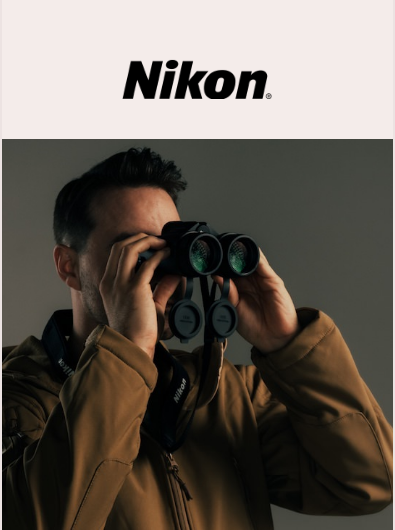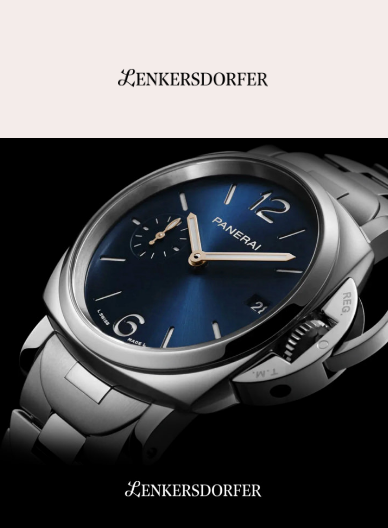The Dutch government excludes billions of euros of sales by technology company ASML (ASML.AS), opens new tab to China from disclosures on sensitive goods exports, it has told Reuters, following a policy decision that has not been previously reported.
Companies
The move is of interest because disclosure of exports of "dual use" goods with potential military applications had previously been routine in the Netherlands, and experts who rely on public data to understand states' military capabilities, including parliament, may no longer have the full picture.
Computer chip equipment maker ASML itself releases sales data for China - around $7 billion worth in the first nine months of 2024 - but it does not specify the type of machinery it sells by region.
That is a matter of financial and military interes
t because the type of lithography tool that ASML customers buy helps determine the sophistication of the chips they can make.The Dutch government's decision to exclude most of ASML's Chinese sales from public disclosure, confirmed to Reuters by the foreign ministry, dates from September 2023.
At that time, following pressure from the United States, the Netherlands introduced a national list of "dual use" goods considered to have military significance, focused on ASML's DUV tools, that require a licence to export. Its most advanced EUV tools had always required an export licence.
In written answers to questions from Reuters, the foreign ministry said that while it must disclose licence grants for goods considered sensitive by the European Union, such as EUV tools, that requirement doesn't extend to the DUV tools on the new Dutch list.
"The reason is that (disclosing) such information would be easily traced back to specific companies, thereby revealing commercially sensitive business data," it said.
Frank Slijper of peace organization PAX, which closely monitors arms exports, was critical of the policy.
He said disclosure requirements exist because accurate assessments of states' military capabilities prevent conflict."It's in nobody's interest to increase the level of secrecy," he said.
In a report sent by the Foreign Ministry to parliament in November, the Dutch government said that China was the sixth largest destination for Dutch "dual use" goods, with 253 million euros ($262 million) worth in 2023, slightly behind Switzerland.
However, China would have been first ahead of Taiwan, South Korea, the U.S. and Britain if ASML's "dual use" sales had been included.
Technological innovation
The second article spotlights Japan's first surgical robot, which Japan finally began producing after a late start behind the United States. Our readers may be surprised to discover that surgical robots were initially developed as military technology. This may be the reason why Japan, a robotics superpower, has lagged in the development of surgical robots.
Japan's first surgical robot, hinotori, was jointly developed by Kawasaki Heavy Industries and Sysmex, a company in the healthcare business. The technology used in hinotori was finetuned to work on patients with smaller builds like the Japanese typically have.
As the creators work to downsize the robot and keep its price down, its domestic market share has been expanding. Now, plans are underway to extend sales channels in Europe, the US, and countries in Asia.
This month, the developers of the robot received the Prime Minister's Award in the Ninth Monozukuri Nippon Grand Awards.











